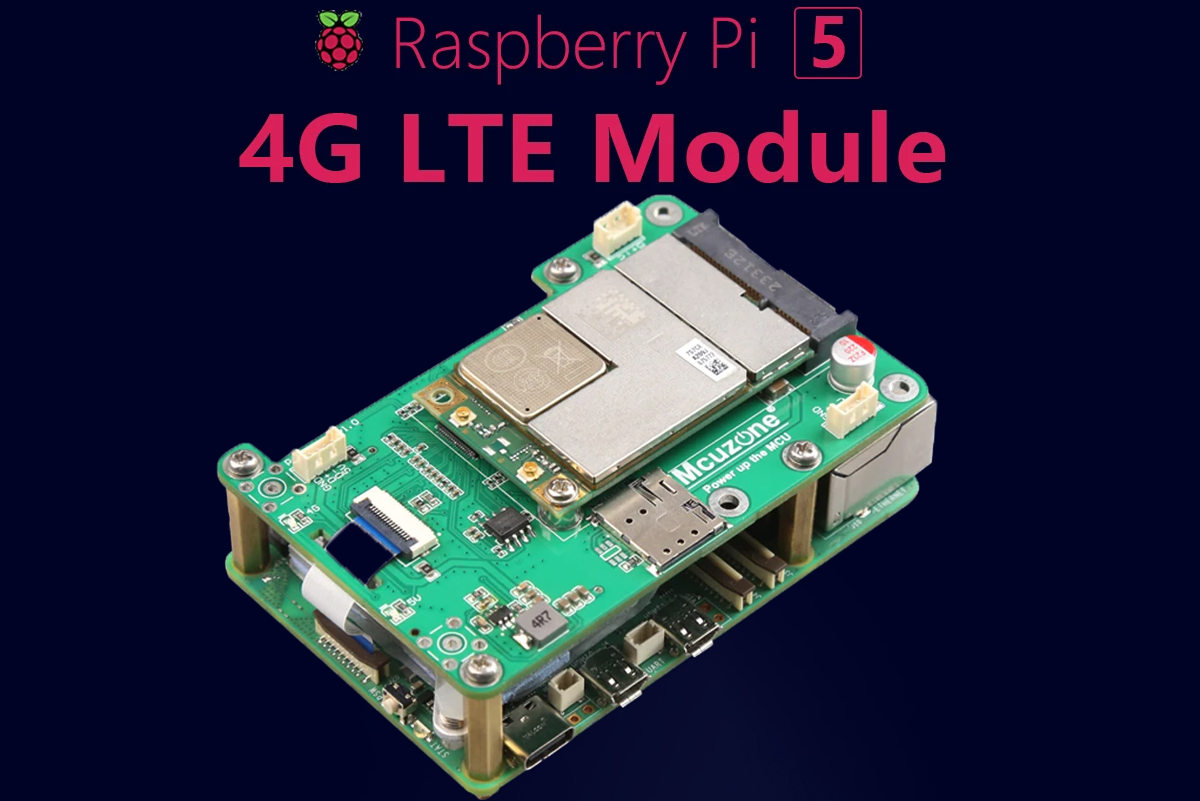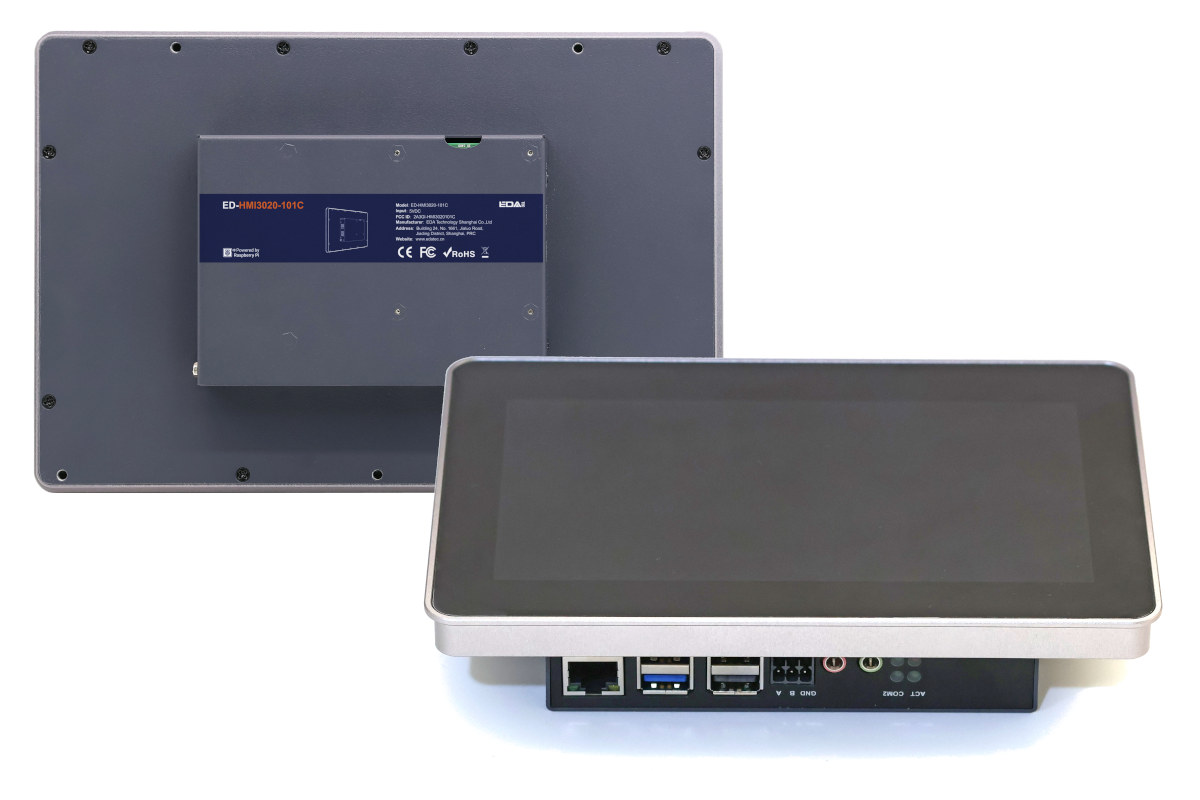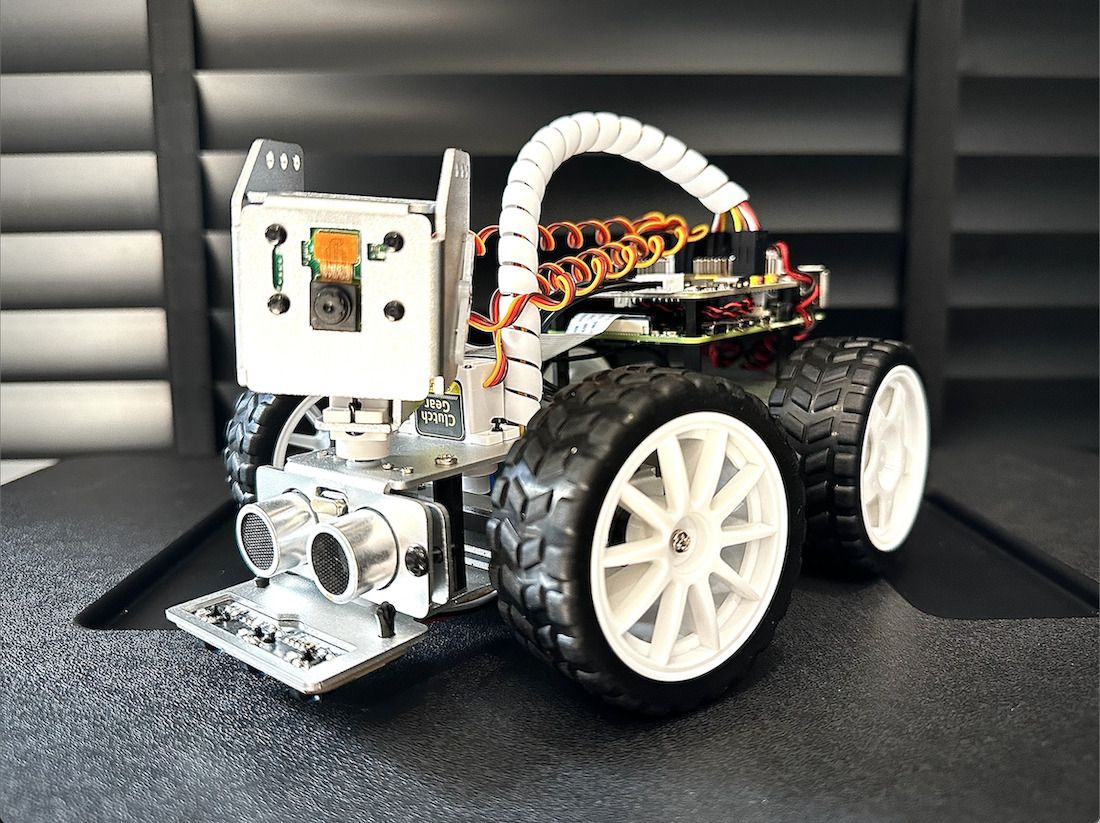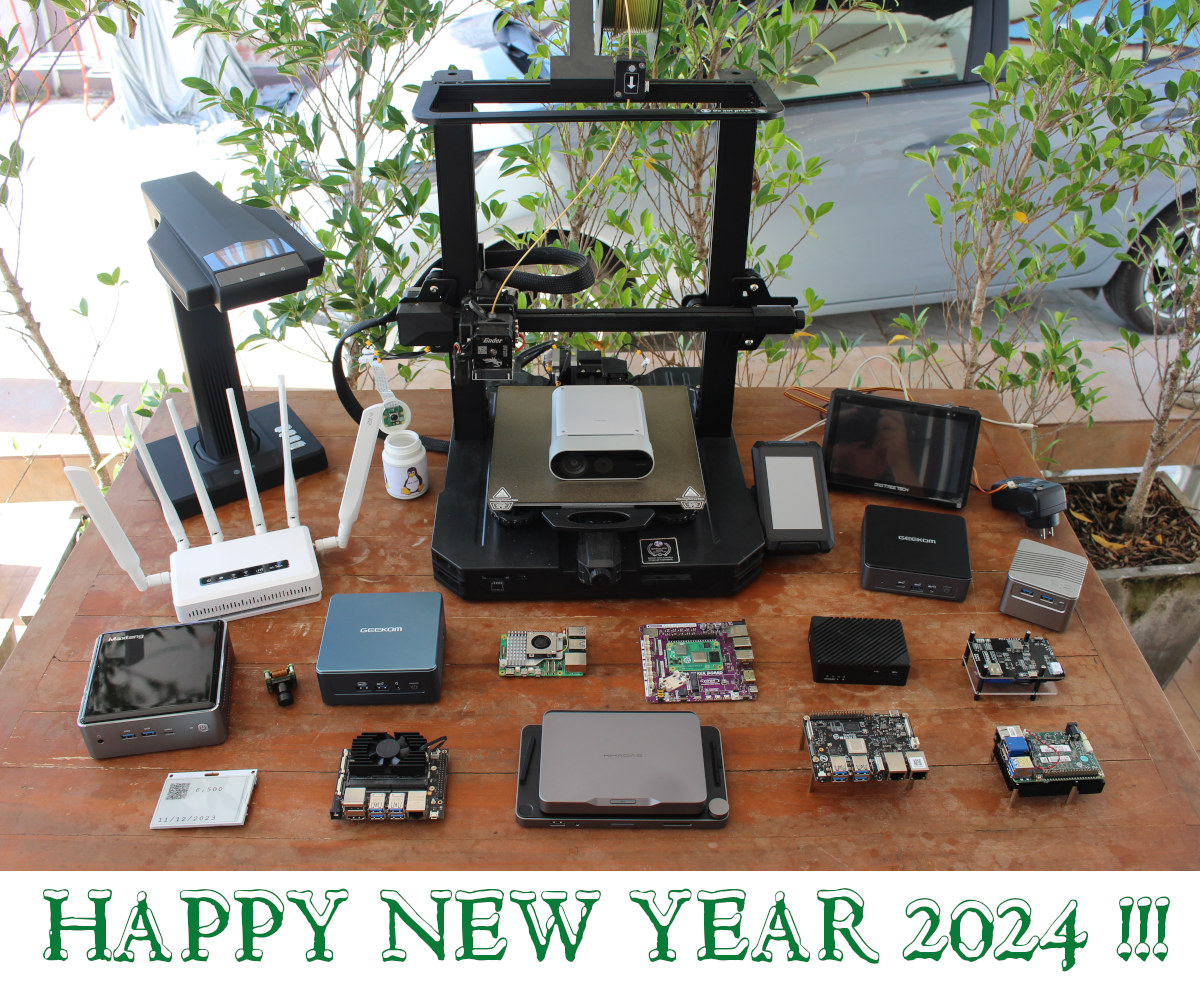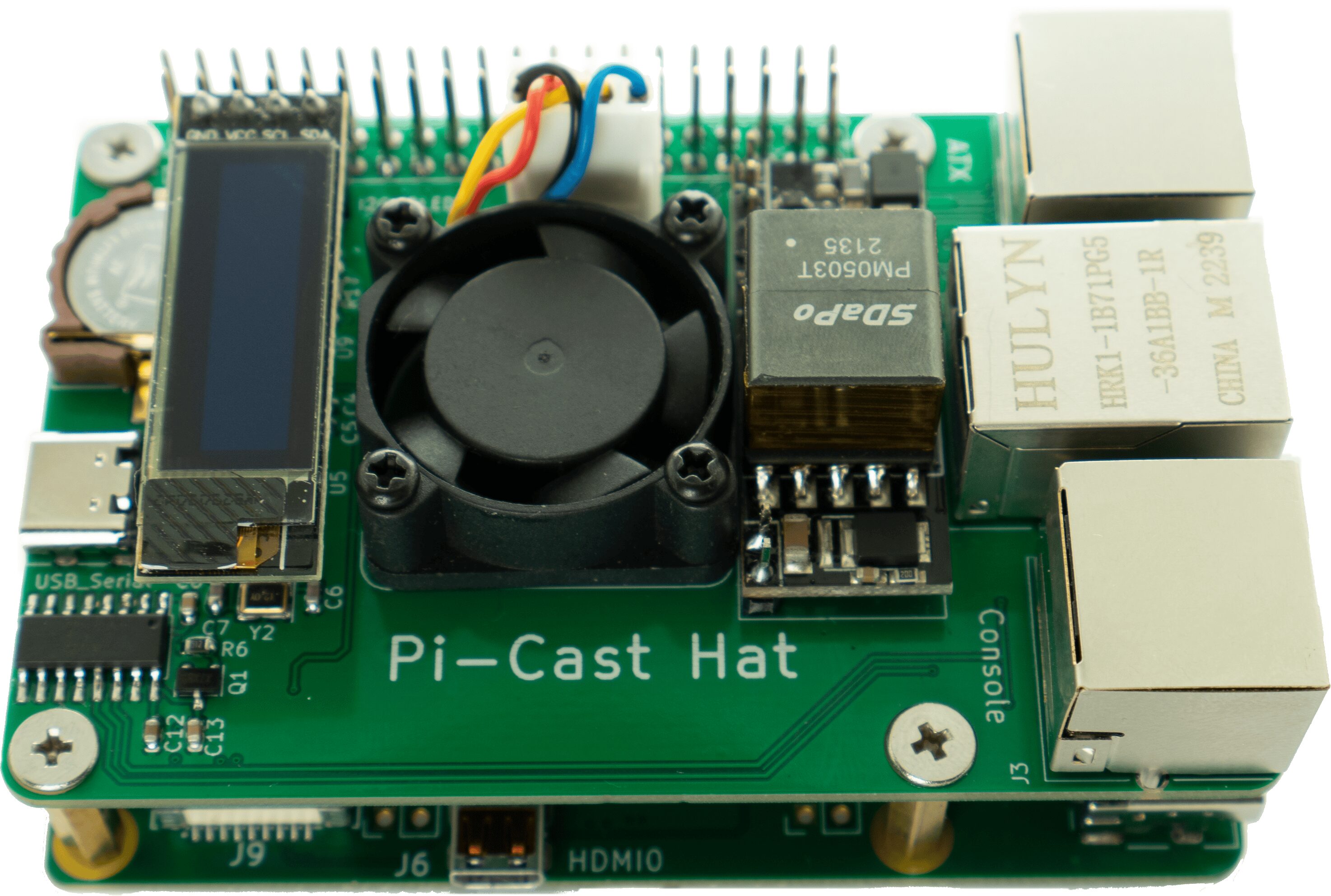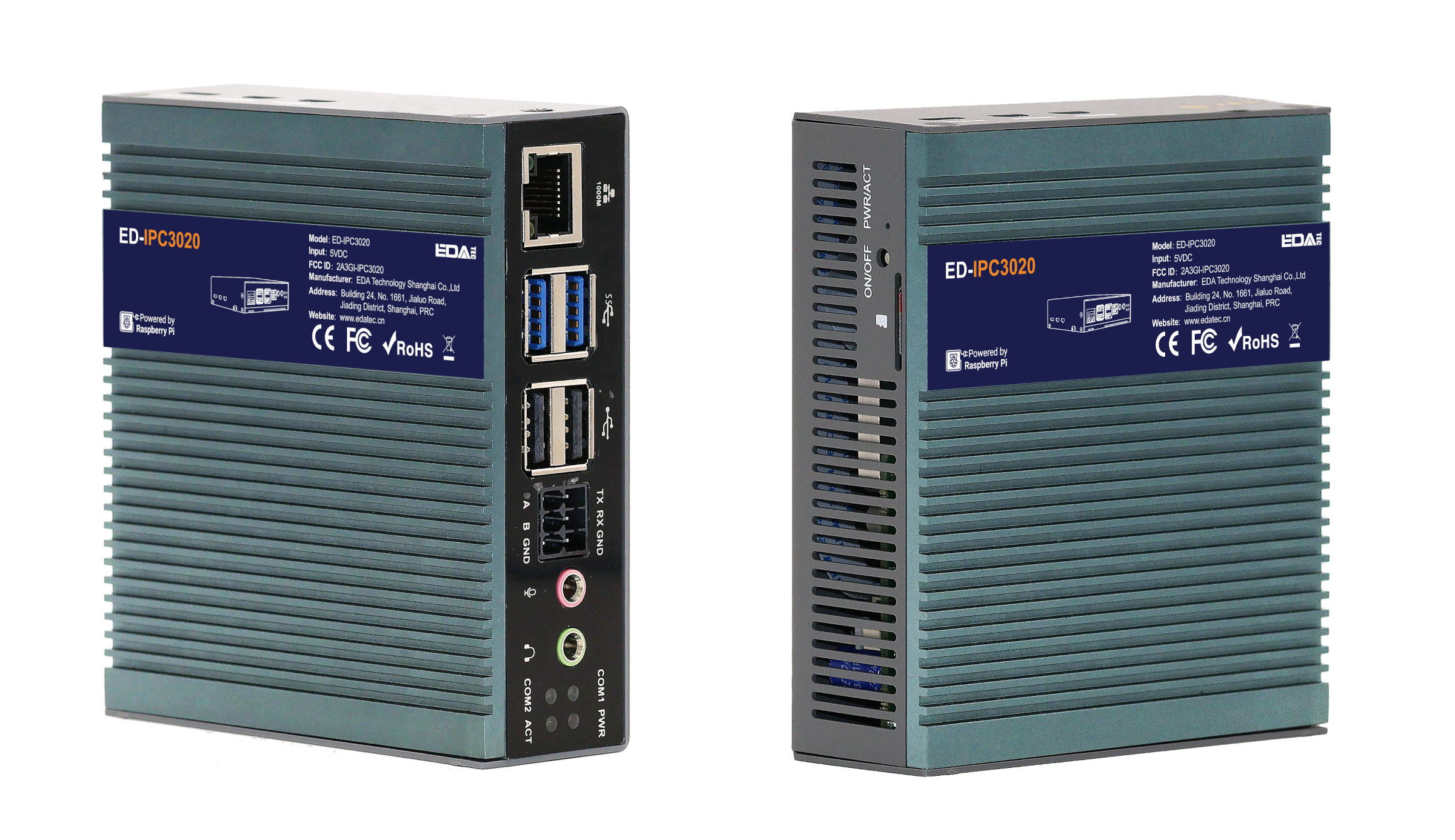Mcuzone recently announced the MP4GM, a new 4G LTE module for the Raspberry Pi 5 SBC. This module connects to the Raspberry Pi 5 via PCIe and includes three extra 1.25mm JST connectors for three additional USB 2.0 interfaces. This HAT is compatible with various 4G LTE mini PCIe modules from Mcuzone and Fibocom, providing flexible options for 4G connectivity. We have previously covered a 5G Modem Kit for the Raspberry Pi 5, but this is the first time we have found out about a 4G LTE kit designed for the Pi 5. We have also covered Mcuzone RK3308 SoM and the MDK3308-EK Evaluation Kit, designed for smart voice applications as well as a Raspberry Pi CM4 board with dual Ethernet capabilities all from MCUzone. So, feel free to check those out if you are interested in their products. Mcuzone MP4GM 4G LTE module specification: Model – MP4GM PCIe to […]
FOSDEM 2024 schedule – Open-source embedded, mobile, IoT, robotics, RISC-V, etc..
FOSDEM – which stands for Free and Open Source Software Developers’ European Meeting – is a free-to-participate event where thousands of developers meet in Brussels on the first week-end of February to discuss open-source software & hardware projects. FOSDEM 2024 will take place on February 3-4 with 880 speakers, 818 events, and 66 tracks. Although I won’t attend, I’ve created a virtual schedule like every year with sessions most relevant to the topics covered on CNX Software from the “Embedded, Mobile and Automotive” and “Open Hardware and CAD/CAM” devrooms, but also other devrooms including “FOSS Mobile Devices”, “ Energy: Reimagining this Ecosystem through Open Source”, “RISC-V”, and others. FOSDEM Day 1 – Saturday, February 3, 2024 10:30 – 10:55 – Screen Sharing on Raspberry Pi 5 Using VNC in Weston and Wayland with the Yocto Project and OpenEmbedded by Leon Anavi In 2023, embedded Linux developers received eagerly awaited news: […]
Raspberry Pi 5 industrial HMI displays gain M.2 NVMe SSD, RS232/RS485 interfaces, audio input/output jacks
EDATEC ED-HMI3020 is a family of Raspberry Pi 5-based industrial HMI displays that build upon the earlier ED-HMI3010 panel PCs by adding an M.2 socket for NVMe SSD, RS232 and RS485 interfaces, as well as 3.5mm audio input and output jacks. The new models are still offered with either a 7-inch (1024×600) or 10.1-inch (1200×800) touchscreen display, a Raspberry Pi 5 with 4GB or 8GB RAM with all main ports (HDMI, Ethernet, USB) accessible externally, and support for an optional 8MP front-facing camera. ED-HMI3020 specifications with differences again ED-HMI3010 highlighted in bold or strikethrough: SoC – Broadcom BCM2712 CPU – Quad-core Arm Cortex-A76 processor @ 2.4 GHz with crypto extensions, 512KB per-core L2 caches, 2MB shared L3 cache GPU – VideoCore VII GPU @ 800 MHz with support for OpenGL ES 3.1, Vulkan 1.2, 4Kp60 HEVC decoder System Memory – 4GB or 8GB LPDDR4X-4267 SDRAM Storage MicroSD card socket M.2 […]
SunFounder PiCar-X 2.0 review – A Raspberry Pi 4 AI robot car programmable with Blockly or Python
SunFounder PiCar-X 2.0 is an AI-powered self-driving robot car using the Raspberry Pi 3/4 as the main processing board. It is equipped with a camera module that can be moved by a 2-axis servo motor, allowing the camera to pan or tilt, an ultrasonic module for detecting distant objects, and a line detection module. The PiCar-X robot can also perform computer vision tasks such as color detection, face detection, traffic signs detection, automatic obstacle avoidance, and automatic line tracking. The PiCar-X can be programmed with two computer languages: Blockly-based Ezblock Studio drag-and-drop program and Python, and the robot works with OpenCV computer vision library and TensorFlow for AI workloads. Finally, you can also control the robot through the SunFounder controller application on your mobile phone. The company sent us a sample of the Picar-X 2.0 for review, so let’s get started. SunFounder PiCar-X 2.0 robot overview The PiCar-X robot kit […]
2023 Year in review – Top 10 posts, statistics, and what to expect in 2024
It’s the last day and last article of the year, so we will look at some highlights of 2023, some traffic statistics on the CNX Software website, and speculate what interesting developments may happen in 2024. Looking back at 2023 The semiconductor shortage that had happened since 2020 started to fade away in early 2023, and supplies for most electronics components and devices seem to be adequate at this time, so that was a bright spot this year, and hopefully, it will stay that way in 2024 despite geopolitical tensions. We did not have any super exciting new Arm application processors from Rockchip, Amlogic, or Allwinner announced this year, although the Amlogic S928X penta-core Cortex-A76/A55 CPU started to show up in some 8K TV boxes. The launch of the Raspberry Pi 5 SBC with a Broadcom BCM2712 quad-core Cortex-A76 processor was probably the main highlight for Arm on this side […]
Pi-Cast is a portable KVM switch based on Raspberry Pi CM4 (Crowdfunding)
The Pi-Cast KVM is a compact, open-source KVM (Keyboard, Video, Mouse) over IP device based on the Raspberry Pi CM4. It is powered by PiKVM, an open-source IP-KVM solution, and allows you to control and manage other devices remotely regardless of the operating system or even if one isn’t installed. The Pi-Cast KVM is capable of controlling any device with HDMI and USB ports. It works for low-level access and enables BIOS and UEFI configuration without an operating system installed. You can turn off and start the target system, as well as check for low-level hardware problems, all from a web browser. The Pi-Cast KVM is similar to the PiKVM v3 but is built around the Raspberry Pi CM4 (like the PiKVM v4) instead of being a HAT for Raspberry Pi SBC. The company behind this device has compared the Pi-Cast with market alternatives such as PiKVM v4 Plus and […]
EDATEC ED-IPC3020 – A fanless Raspberry Pi 5 industrial computer with an M.2 NVMe SSD, RS485/RS232 interfaces
EDATEC ED-IPC3020 is a fanless industrial computer based on the Raspberry Pi 5 SBC with support for an M.2 NVMe SSD up to 2260 in size, RS232 and RS485 serial ports, and stereo audio input and output jacks. The Raspberry Pi 5 single board computer could already support an M.2 NVMe SSD thanks to add-on boards such as the PineBerry Pi HatDrive and Pimoroni NVMe Base, but with the ED-IPC3020 we have a complete Raspberry Pi 5-powered computer with M.2 NVMe storage. EDATEC ED-IPC3020 specifications: SBC – Raspberry Pi 5 Model B SoC – Broadcom BCM2712 quad-core Arm Cortex-A76 processor clocked up to 2.4 GHz, VideoCore VI GPU, 4Kp60 H.265 decoder Memory – 4GB and 8GB LPDDR4X-4267 SDRAM are optional Storage – MicroSD card slot for the OS Video Output – 2x micro HDMI ports up to 4Kp60 Networking Gigabit Ethernet RJ45 port with optional PoE support Dual-band 802.11ac Wi-Fi […]
Cytron IRIV PiControl is an Industry 4.0 controller based on Raspberry Pi CM4 module
Cytron IRIV PiControl is described as an Industrial Revolution 4.0 (or Industry 4.0) controller that is powered by a Raspberry Pi Compute Module 4 (CM4) and joins the likes of OnLogic Factor 201, Modberry 500 CM4, and Pigeon RB700 among others. The DIN Rail mountable Industry 4.0 controller from Cytron currently ships with a Raspberry CM4 Wireless (2GB/16GB or 4GB/32GB) and offers several isolated interfaces such as DI and DO up to 50V, four analog inputs, and RS232 and RS485 serial interfaces via terminal blocks, IRIV PiControl specifications: SoM – Raspberry Pi CM4 with Broadcom BCM2711 quad-core Arm Cortex-A72 processor @ up to 1.5 GHz, up to 8GB LPDDR4 RAM, up to 32GB eMMC flash Additional storage – M.2 socket for NVMe SSD (See Expansion section) Video Output – HDMI port up to 4Kp60 Networking 1x Gigabit Ethernet port 1x 10/100M Ethernet port WiFi 5 and Bluetooth 5.0 on Raspberry […]


